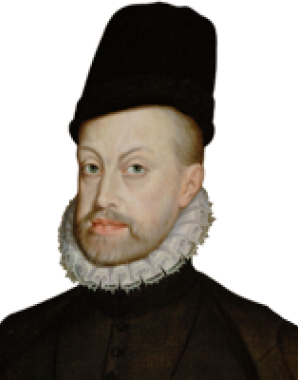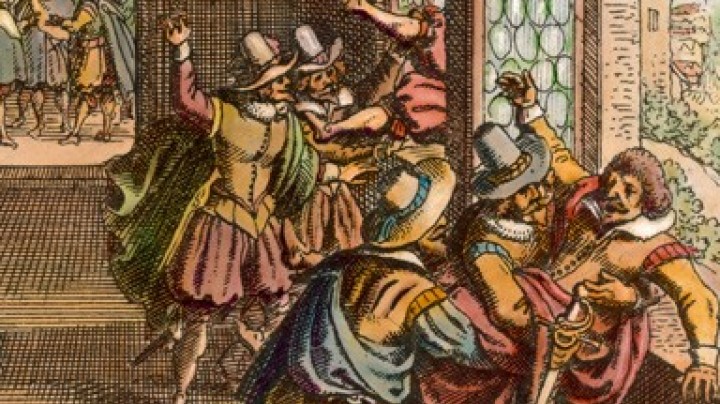Rudolf II and his offspring
Rudolf doggedly refused to contract the dynastic union with a close relative from the Spanish line that was demanded of him. His lack of legitimate offspring fatally weakened his position in the family.
All attempts at getting Rudolf to marry the Spanish Habsburg princess chosen for him came to nothing. Infanta Isabella (1566–1633), a daughter of King Phillip II and cousin to her designated bridegroom, had been promised to Rudolf since she was two years of age. However, since Rudolf showed an unwillingness to marry she was eventually betrothed to his younger brother Albrecht, a union that brought the latter the governorship of the Netherlands.
This did not mean that Rudolf lived in abstinence, however. He had a long relationship with Katharina Strada, the granddaughter of the art dealer and polymath Jacopo da Strada, and fathered a number of illegitimate children with her. The sources record up to three sons and three daughters.
The reason that life of Don Julius d’Austria (1585 or 1586–1609), the eldest child of this relationship, has not been lost in the mists of history is due to its tragic circumstances. The illegitimate imperial scion lived at Krumau Castle (Český Krumlov) in southern Bohemia, where he had been sent on account of his strange behaviour. His psychotic attacks worsened, his screams echoing through the castle at night, and his increasingly aggressive behaviour frightened the people around him. In October 1607 things came to a head when he stabbed his lover Margarete Pichler, the daughter of a local bathhouse operator, and threw her out of the window of his bedchamber. The young woman survived the fall and fled to her father. Julius forced her return by imprisoning her father. Shortly afterwards while in the grip of psychosis he murdered her and mutilated her corpse. Further attacks of destructive frenzy followed, as a consequence of which he was locked in his room. He allowed no one to come near him, refused to wash, and died completely insane and in squalor in 1609. The events became part of local folklore.













